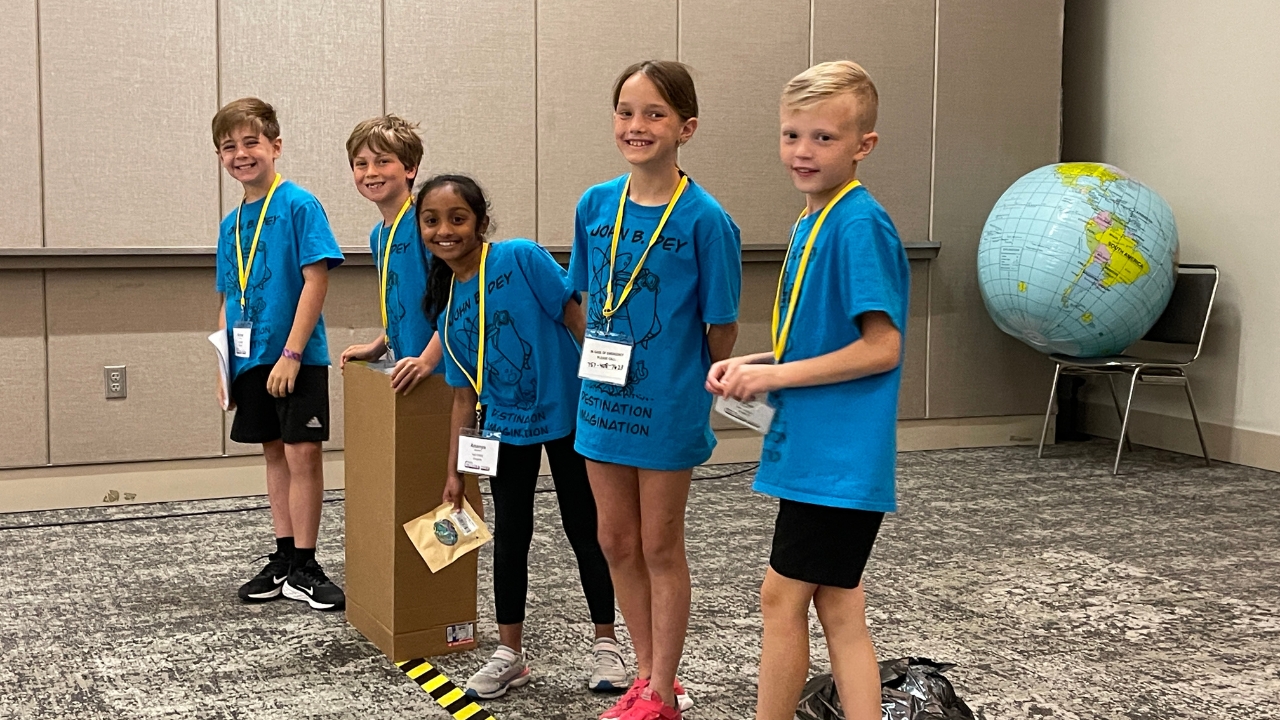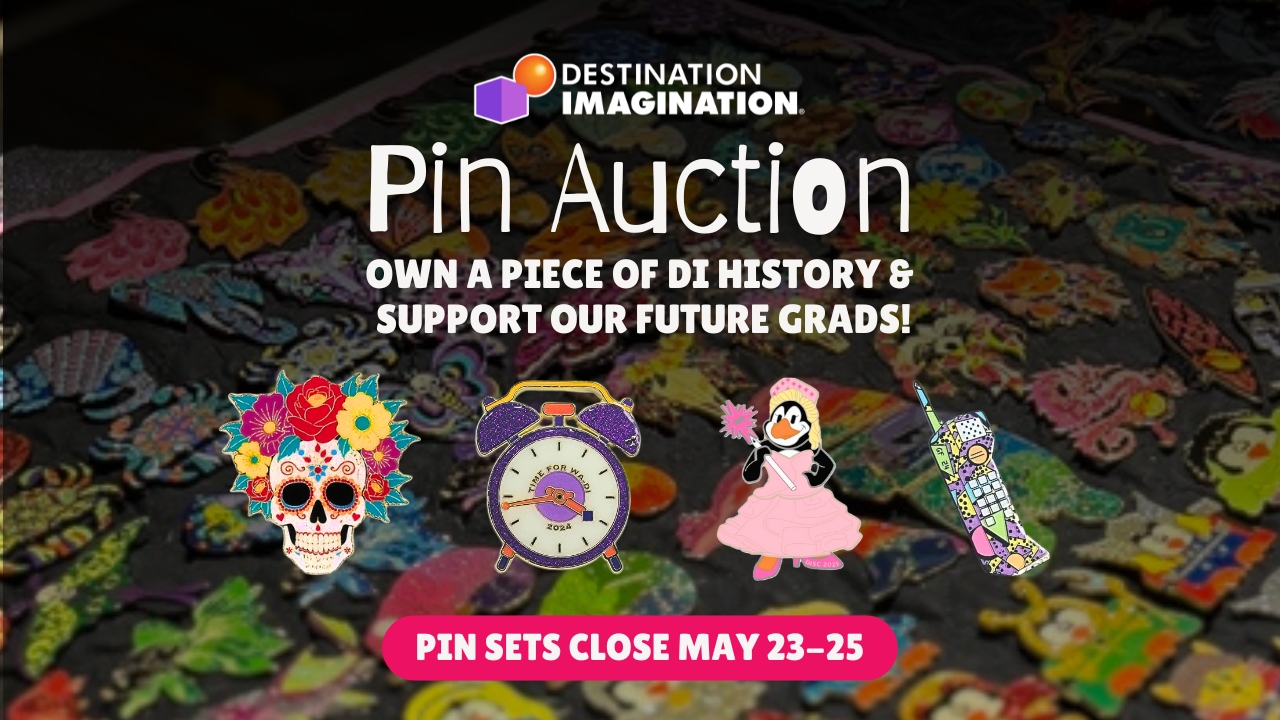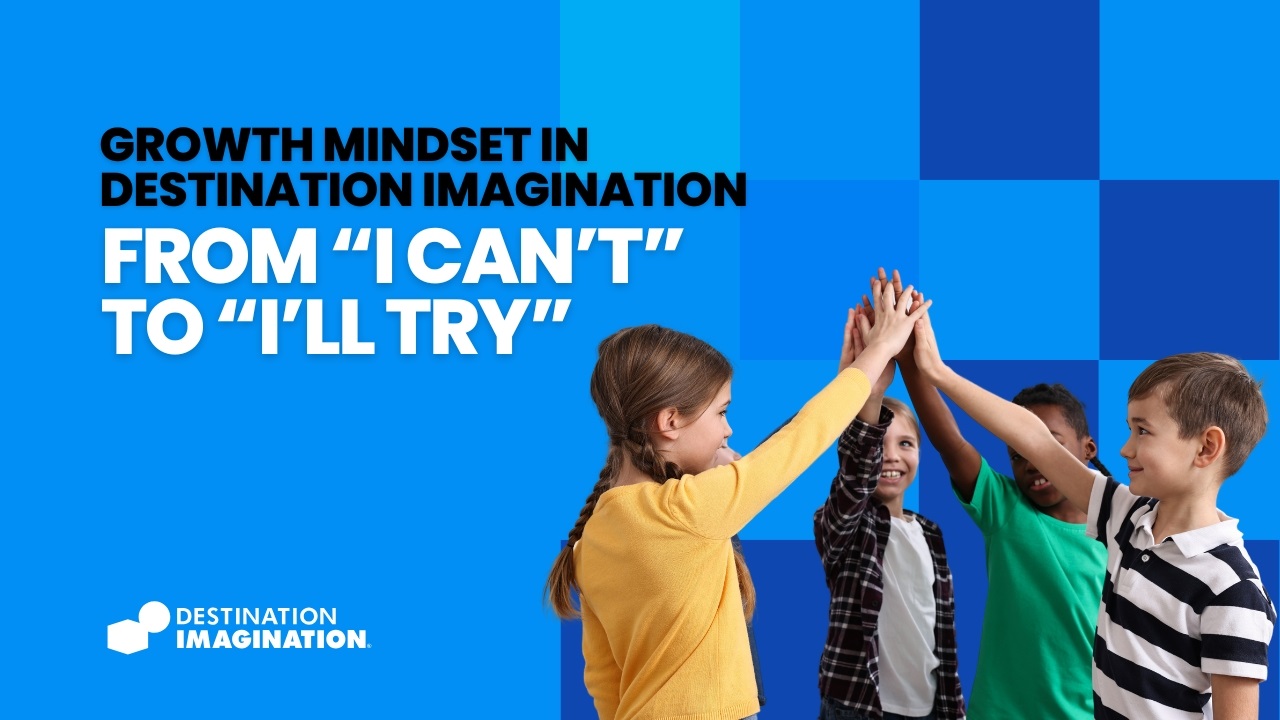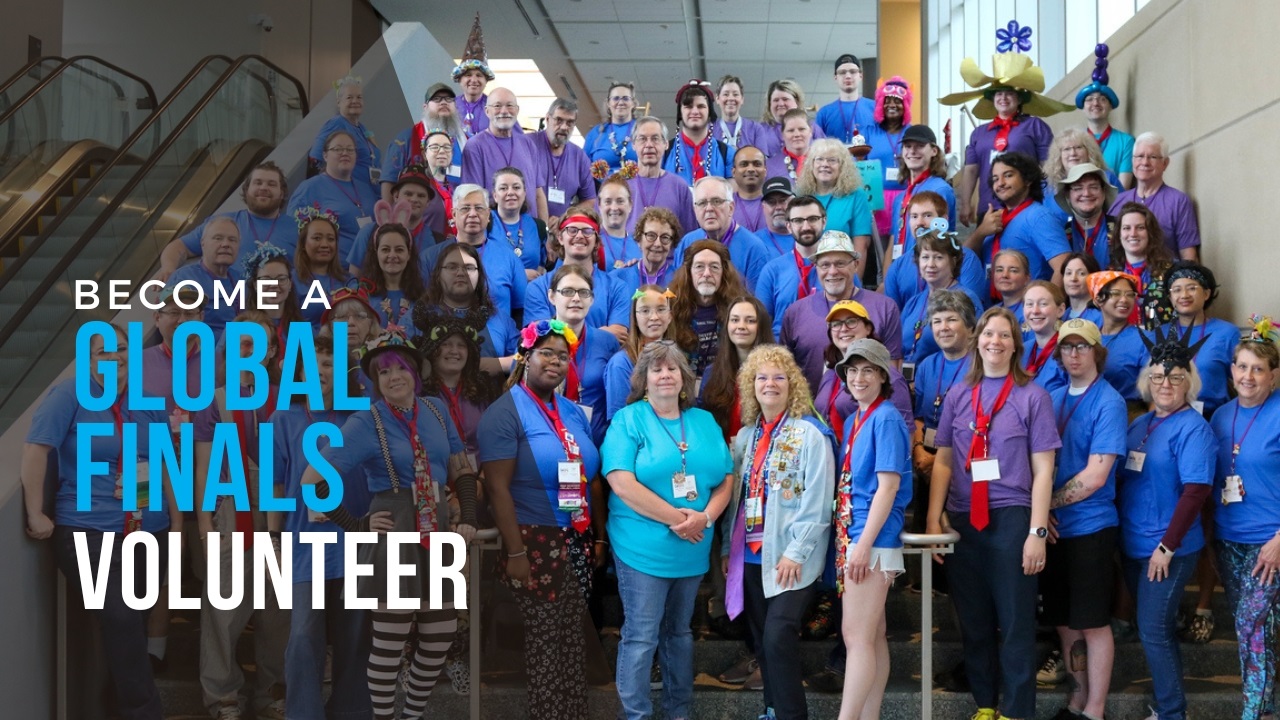A team meeting somewhere:
This video could be about a high school Destination Imagination (DI) team or team at a startup. I think one of the most surprising things I learned while I managed my children’s Destination Imagination teams was that most of what happened in their teams happened in my work teams as well.
Destination Imagination teams and work-related teams are usually working on very different outcomes. DI teams are creating a solution to a Challenge related to academics. Work-related teams are often working on a business problem or creating a product. While the outcomes are different, the process is the same: learning to function as a team and using innovation to solve the issue, challenge, or problem.
Most business writers talk about work-related teams. One of the world’s leading business thinkers, Dr. David Burkus’ helps leaders build their best team ever. Since work teams and DI teams are so similar in process, his thoughts and suggestions can also help DI Team Managers build their best team ever!
According to David Burkus, one of the crucial steps to building a high-performing team is creating a shared identity. Now, high-performing does not equate to winning first place at your local DI tournament. A high-performing team has lower conflict, solid behavioral norms, cohesion and collaboration, and works together on the task at hand. A high-functioning team would have been able to overcome a team member’s error without blame and find a new way to solve the problem.
Team members with shared identities feel that they belong with the team. Dr. Burkus recommends four actions that will help your team members develop a shared identity: start with purpose, build on values, focus on goals, and define habits.
Start with Purpose
Help your team members decide what is the purpose of their team. Are they on the team to have a good time with their friends? Do they want to learn something new about STEM? Do they want to advance to the next tournament? If they are a service-learning team, they may decide their purpose is to make a difference in the lives of others. If they are an engineering team, their purpose may be to build the most complex technical device they have ever created. Agreeing on the purpose of their team will help team members feel part of something important to them personally.
Build on Values
How do your team members want to be treated, and how do they want to treat each other? Rules and principles agreed upon by the team members can help guide their decisions about their Challenge solution. Team rules and principles can also help guide how team members treat each other, and the team can set consequences for behavior that does not match team-decided ideals.
One of the overall values in Destination Imagination is no Interference. The team must imagine, create, and build everything without assistance from people outside of the team. Keeping this value central to your team can help you and your team members avoid outside influence and help team members feel connected to each other.
Focus on Goals
Helping your team members set goals that combine the purpose and values of the team and aim for completion of the Challenge solution gives team members a framework to hold each other accountable for individual and team progress. Teams that track and celebrate those completed goals make team members feel valued and recognized for the work they did, causing shared identity to continue to grow.
Define Habits
Attending all possible meetings, discussing decisions with team members, using kind words when speaking, writing down all ideas, and accepting all ideas before critiquing them are great habits to keep team members connected and engaged. Building group norms and expectations can reduce disagreements and promote collaborative behavior.
Building a shared identity between your team members will help them get the most learning and growth out of their Destination Imagination experience.
If you find that your team is struggling with team building, Roadmap has several activities and exercises that may help. You also might want to take some time to explore business experts like David Burkus; you might find some great ideas to help your team.





